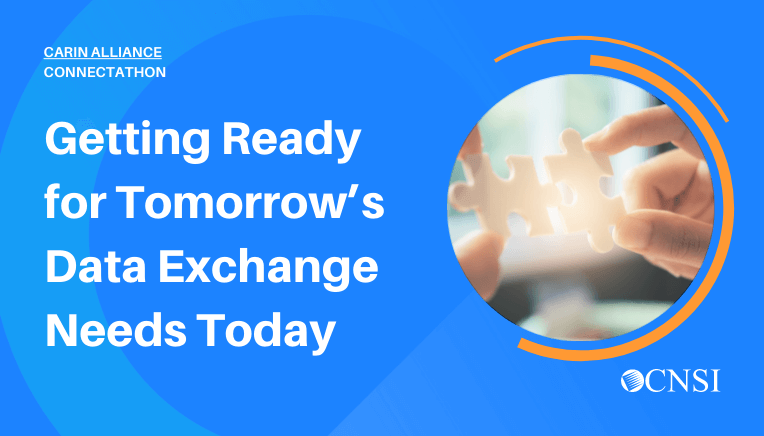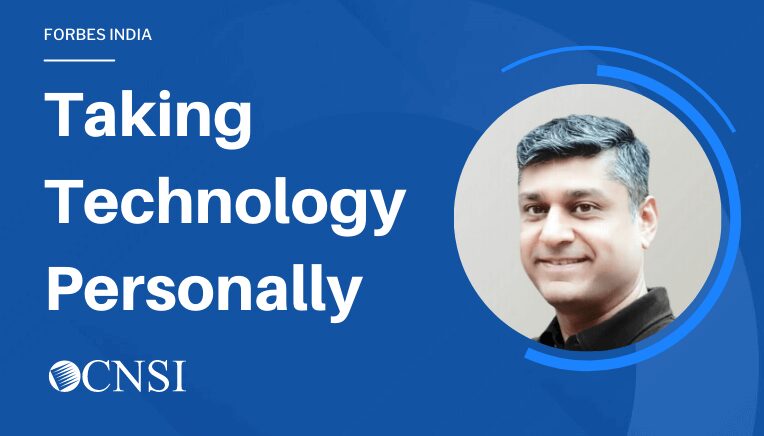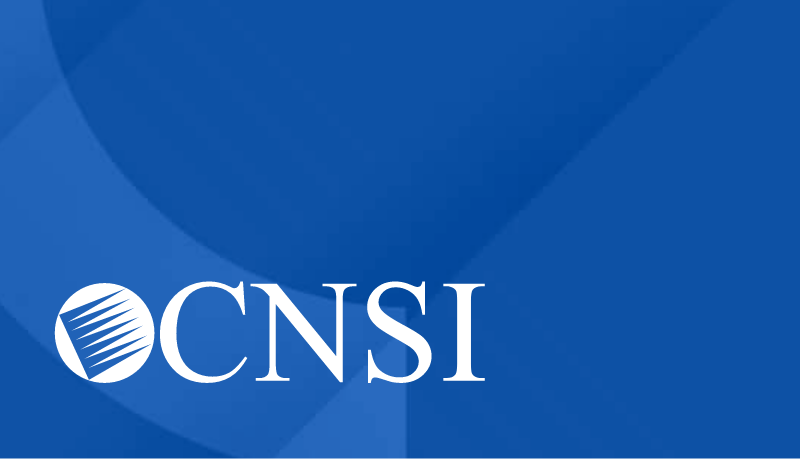
Access to Electronic Health Records
July 10, 2015
Categories: Thought Leadership
 Creating unique solutions and products that enhance the interoperability of health records – to the benefit of provider and patient – is at the heart of much of what we do here at CNSI. This pursuit is in the interest of improved public health, both because doctors can do a better job if they are fully aware of a patient’s history and patients can be more responsible for their own health if they have all the facts.
Creating unique solutions and products that enhance the interoperability of health records – to the benefit of provider and patient – is at the heart of much of what we do here at CNSI. This pursuit is in the interest of improved public health, both because doctors can do a better job if they are fully aware of a patient’s history and patients can be more responsible for their own health if they have all the facts.
This seems plain enough – what could be the downside, right? A Wall Street Journal article from last week, however, brought up some intriguing points. While the article offered many reasons why personal responsibility for health records is empowering, and inherently a good thing, it also brought up points that make this a discussion worth having.
The arguments on the side of open and free access have been discussed at length, including here on this blog. “For consumers to start requesting and using their health information will be a game-changer for the health-care system,” summarized Christine Bechtel, a consultant for the National Partnership for Women and Families who spearheads the Get My Health Data campaign to get patients to ask doctors for their records. “Once we unlock the data, there’s an enormous amount we can do with it.”
But doctors go through many more years of school than most of us for good reason – practicing medicine, and even understanding charts, is very difficult. If patients have full access to medical records, will we be setting the stage for confusion and misguided self-diagnoses? Doctors are already dealing with patients that come into the hospital having already decided what’s wrong based on a cursory search on WebMD. Could allowing patients to browse, or even obsess over, their own medical records actually do more harm than good?
It’s certainly a challenge, but we think ultimately, easy access to health records (handled responsibly) could create enormous positive change in personal health accountability. While we spend our time working out the technical side of how this will be achieved, we recommend doing your homework on how you should handle your health records. The Journal’s article provides a great start, listing five steps everyone should take to make the process as efficient and beneficial as possible: demand your data, organize it, share it, generate it yourself and protect it.
Will access to electronic health records be a boon or a burden? How can the health care industry make smooth this transition? Join the conversation by finding us on Twitter @CNSICorp.







